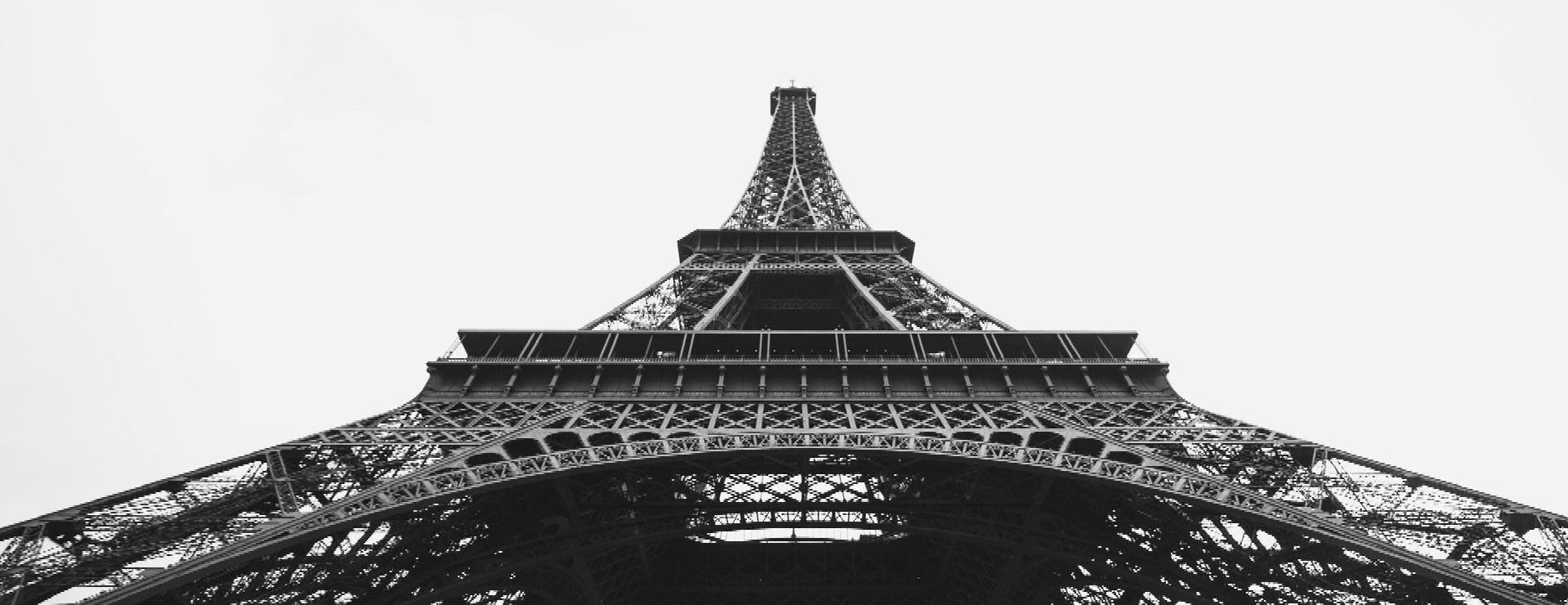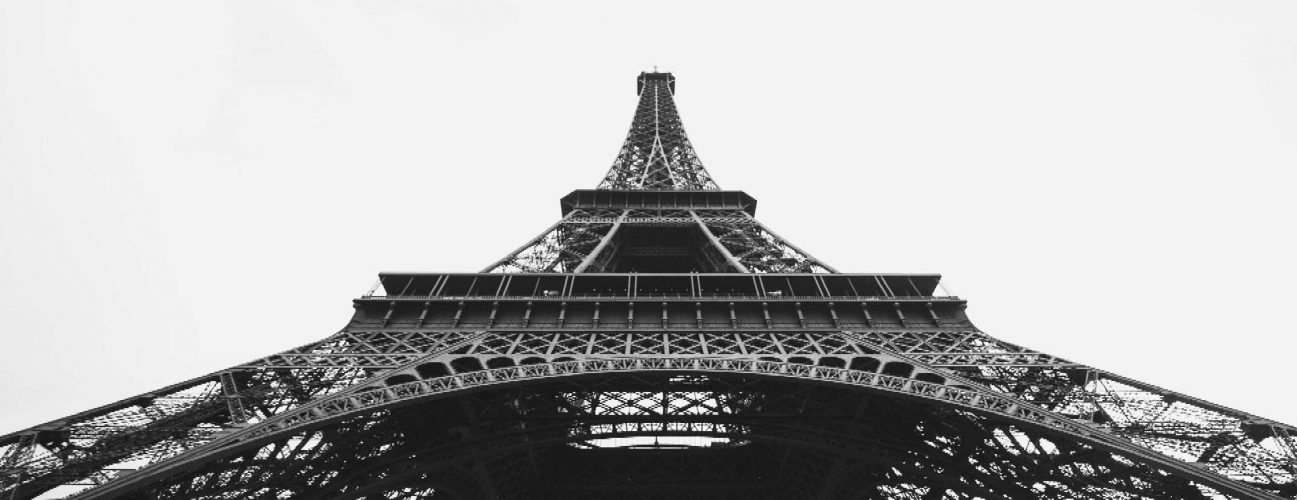France has influenced the world in a number of ways, from food and culture to architecture and style. There are also tons of words that we use every day that are actually French. Some french words are a bit more obvious, like bon appétit and chauffeur, but others you might never have guessed. Read below for a list of French words you use all the time without realizing it!
Genre
For us it means category or type, and we often use it in terms of our preferences for movies or books. The French meaning is right on par with how we use genre in English– it simply means “a kind.”
➔ I like to watch a lot of different genres of movies, but horror is my favorite.
Cliché
The word cliché is used so often in English that we’d bet not many people would stop to think about its origin. It comes from the French word clicher, meaning “to stereotype,” and in English it usually means something overused or unoriginal.
➔ I get tired of hearing the same old quotes like “A picture is worth a thousand words.” They’re so cliché!
Bouquet
Every special occasion calls for flowers, and you’re most likely to buy them in a beautifully arranged bunch you know as a bouquet. This French word actually evolved from the old French word ‘bos’ meaning wood. We know it means bunch of flowers, but it can also be used to mean a specific smell or a compliment.
➔ We surprised my mom with a bouquet of daisies for her birthday.
Petite
From the French word petit, meaning small, we get the common description for little things. From clothing, to food, to stature, petite is used frequently in English to talk about all things small!
➔ The petite ballerina moved gracefully on the jewelry box.
Silhouette
This French word can be used as a noun or a verb to describe a dark shape or outline against a lighter background. The history of this word isn’t well documented, but it is believed to be derived from the name of French author and politician Étienne de Silhouette.
➔ The children traced silhouettes of faces during art class.
Chef
We all know the word chef refers to cooking and kitchens, but did you know the original meaning in French was “head?” In English we often say that the lead cook in a restaurant is the “Head Chef,” which makes for a funny coincidence when looking into the history of this word.
➔ This food was excellent, please give my compliments to the chef.
Chic
This word has become increasingly popular in English, especially when describing style and decor. From shabby chic to rustic chic, we use it to talk about weddings, home furnishings, and clothing. The French word might have derived from the German word Schick meaning skill, but we now know it means something elegant or stylish.
➔ The actress looked chic dressed in designer threads.
Omelet
Seeing as so many of our culinary terms come from French, it’s no surprise that omelet does as well. We know an omelet as a breakfast dish of beaten eggs fried in a pan and folded over a mix of ingredients, like cheese and vegetables. In French, omelet has morphed from lemele (meaning knife blade), to alumelle, alumette, amelette, and finally omelette. Linguists attribute the origin to the thin, knife like shape of an finished omelet like what is served today.
➔ For breakfast I’d like a spinach and mushroom omelet.
Brunette
Dark-haired women get this moniker from the French word “brun” meaning brown. We use it fairly often in English simply to refer to hair color.
➔ I’m glad I dyed my hair! I think I look better as a brunette.
Déjà vu
This is a fun phrase that is often used in English to describe the feeling of already experiencing a moment in the present. The french definition of déjà vu is the same as our English usage and it means “already seen.”
➔ When I walked into the new restaurant to meet a friend, I felt like I had been there before. It was a weird sense of déjà vu.


